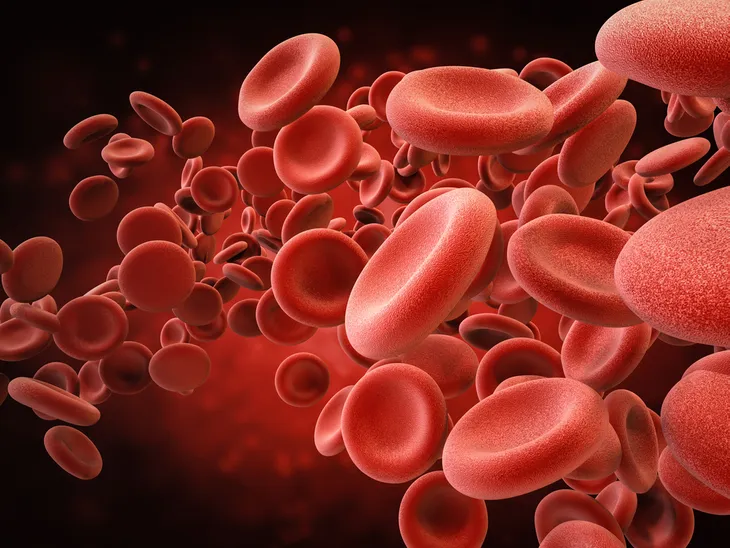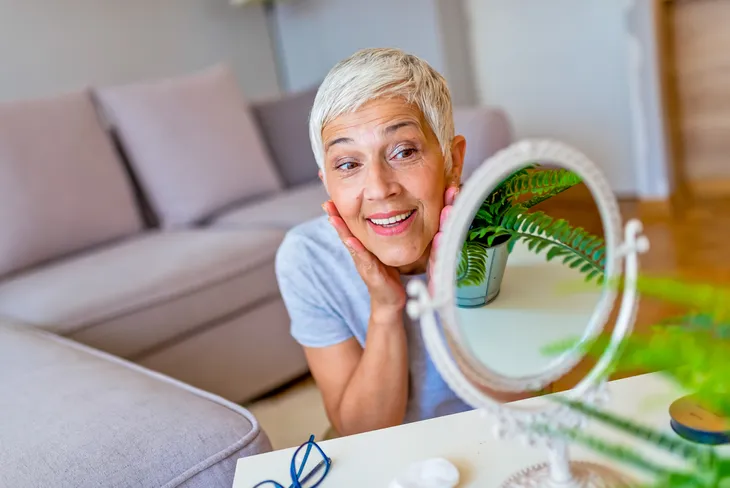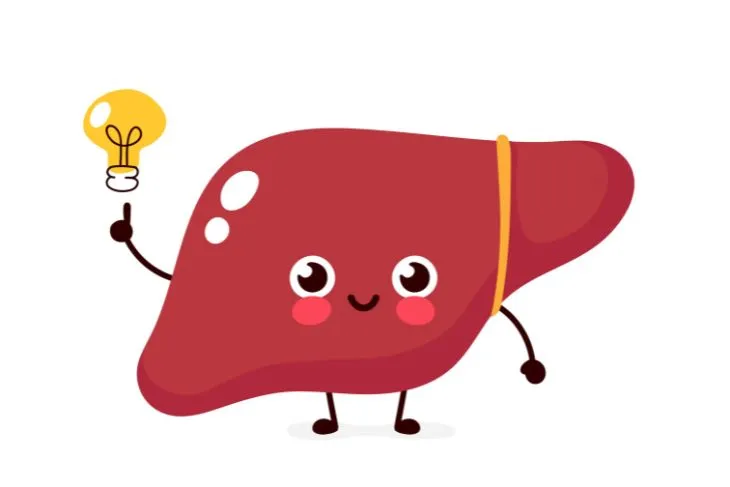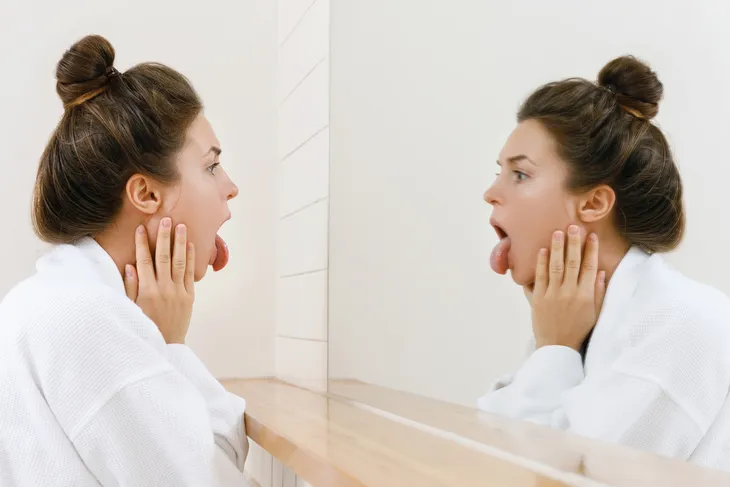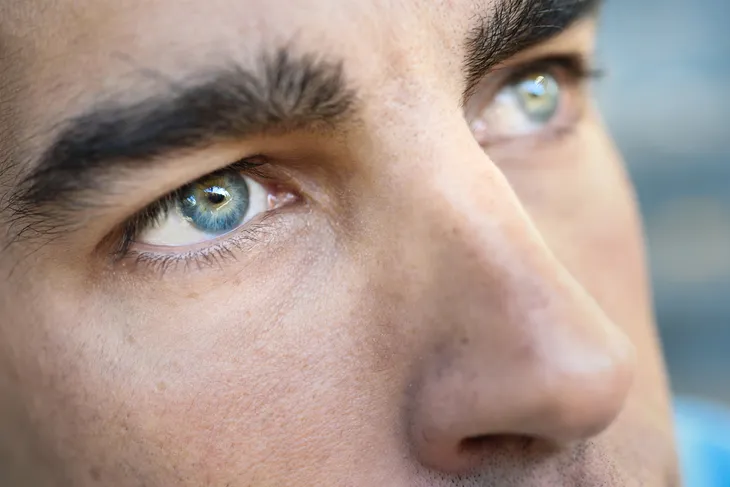- The human body is complex and it can be quite strange.
- Some people believe their ears and nose never stop growing and others believe that the ears never have to be cleaned. But are these rumors true?
- Let’s find answers to these 12 strange questions about the human body!
The human body is a complex structure, made up of cells, tissues, organs, and systems. And everyone is unique, made in different tones, shapes, and sizes. There’s no shortage of fun and interesting things to learn about the human body too!
Have you ever wondered why your blood is red? Or perhaps you’ve wondered why you have an innie belly button instead of an outie. Follow along as we find the answers to these strange questions about the human body and more.
Why Is Blood Red and Veins Blue?
Most of us have either had our blood drawn or experienced some type of wound where we got to see our crimson-red blood firsthand. But what makes blood red in the first place? Medical News Today says it all comes down to chemistry in your red blood cells.
The source explains that red blood cells contain hemoglobin which binds and transports oxygen throughout your body. And your blood gets its bright red color when hemoglobin picks up oxygen in the lungs. So, if our blood is red, why do our veins look blue? The source says it’s actually an illusion. Our veins are white-pink and the blue color “is a combination of the blood, the vessel, the skin, and the process that allows us to see color.”
Are You Taller in the Morning?
This is a very common question and while it may sound like a myth, it’s actually true. You are taller in the morning and as the day goes on you gradually become slightly shorter. So why does this happen?
It has to do with spinal compression. Life Force Physiotherapy explains that when we sleep, the spine isn’t under any loading forces, and “through osmotic pressure changes we gain the fluid back in the discs, thereby growing taller!” During the day the discs are under more pressure from activities which causes the fluid to expel, decreasing your height.
Do the Ears and Nose Ever Stop Growing?
You’ve likely heard the rumor that your ears and nose never stop growing. Is this why some seniors seem to have extra-large schnozzles and ears? Well, it turns out, they do change as you grow older but WebMD says it isn’t because they’re growing.
The reason why it appears your ears and nose never stop growing is all due to skin changes and gravity. Over time, gravity causes the cartilage in your nose and ears to break down and sag which can cause them to appear larger but they aren’t actually growing. The source says, “Other parts of your body change in the same ways, but your ears and nose are more visible and more noticeable.”
What Determines an Innie or an Outie Belly Button?
Everyone’s body is unique and the belly button is no exception. But have you ever wondered why some people have an innie belly button while others have an outie? While many believe it has to do with the person’s weight, that actually isn’t the case.
Healthline explains that your belly button is essentially a scar. When you’re born, the umbilical cord is cut and you’re left with a small piece called the umbilical stump, which typically falls off within 1- to 2-weeks. When it falls off your left with your belly button but this still is not what determines an innie or outie, so don’t go blaming the doctor or your parents for its appearance. What determines an innie or an outie simply depends on how your skin grows as it heals. The source explains that innie belly buttons are typically more common and “most of the time, outie formation is simply luck of the draw.”
Are the Lungs Connected to the Voice?
The voice is an interesting thing and like other factors of the human body, everyone has a unique voice. It turns out the human voice is made by a combination of factors and it all starts with air. So yes, the lungs are connected to the voice. But how does it work exactly?
Air from your lungs moves through your trachea and vibrates your vocal cords. The pitch of your voice depends on the distance between the vocal cords and the speed of your breath controls how loud it is.
Can the Liver Regenerate Itself?
The liver is a vital organ that helps filter, digest, metabolize, and detoxify everything you ingest. It also happens to be the only organ in the human body that can regenerate itself.
According to the National Institute of Health (NIH), “A liver can regrow to a normal size even after up to 90% of it has been removed.” But that doesn’t mean the liver is indestructible. The source says there are many diseases and exposures that can harm the liver beyond repair.
Is It Possible to Swallow Your Tongue?
It’s a common rumor that an individual can swallow their tongue while asleep if they become unconscious or during a seizure but is it true? This is actually a myth. It’s not physically possible to swallow your tongue.
While a person can lose muscle control during a seizure, Medical News Today explains that you can’t swallow it because there is tissue beneath your tongue that holds it in place. However, the tongue can fall backward toward the throat and partially or completely block the airway. The source says the best way to prevent this is by moving an unconscious person into the recovery position, which essentially puts the individual on their side.
Why Does Eyesight Change As You Grow Older?
It’s no secret that our eyesight declines as we grow older. Many older adults require prescription glasses or at least readers by age 40 or 50. But why is this the case?
According to UCI Health, eyesight can change as you grow older because the lenses of the eyes become less flexible. This can make it more difficult to focus on things up close. This condition is known as presbyopia. Luckily, the source says that nearly all age-related vision changes can be treated with glasses, contacts, medicine, or outpatient surgery.
Do the Ears Actually Need to Be Cleaned?
Many of us were taught to clean out our ears at a young age. And the most common ear-cleaning tool is a cotton swab, right? But despite what we were taught, do the ears actually need to be cleaned?
It turns out that it’s actually unnecessary. Harvard Health says this is because the ears are self-cleaning. Inserting swabs into your ears can also be harmful. For starters, the source notes that a swab can damage the ear canal or eardrum, and it can also push earwax further into the canal.
Earwax also isn’t bad, it’s a natural moisturizer, traps dirt and dust, and it prevents bacteria and infectious organisms from reaching the inner ear. You can keep your ears clean by wiping the exterior with a wet cloth but never stick anything in your ears.
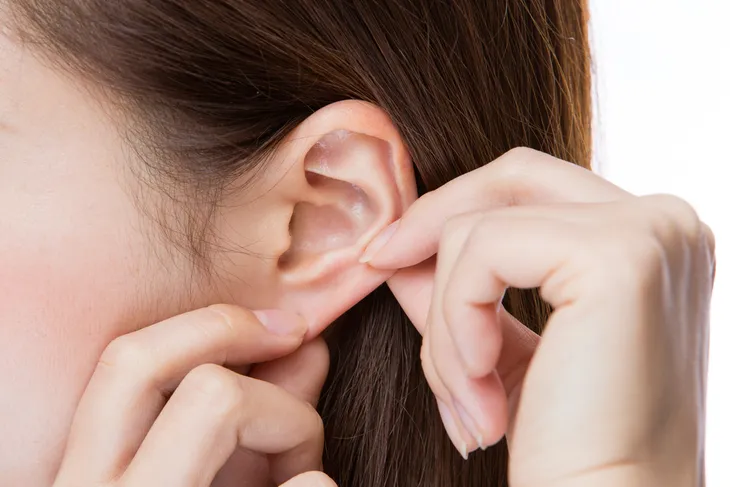 Shutterstock/kei907
Shutterstock/kei907Do Adult Humans Have Fewer Bones Than Babies?
You would think the bones you’re born with will be the same when you’re an adult but it turns out, adult humans do, in fact, have fewer bones than babies. Healthline explains that babies are born with around 300 bones, whereas adults have 206. That’s nearly a difference of 100 bones! So how can that happen?
The source explains that this happens because many of the bones we’re born with as a baby, fuse together. This leads to fewer bones. So while it seems strange, it’s totally normal!
Does the Appendix Actually Have a Purpose?
Despite being born with an appendix, many believe the organ doesn’t serve an important purpose. After all, you can live a normal, healthy life after having it removed for conditions like appendicitis. But, is it true? Does the appendix really not have a purpose?
Everyday Health notes that some scientists believe the appendix isn’t useless after all. It’s believed it may help the gut recover from gastrointestinal disease. The source explains that the “safe house” theory explains that the appendix protects gut bacteria when certain diseases wipe them out in the GI tract. “Once the immune system has rid the body of the infection, the bacteria emerge from the appendix biofilm and recolonize the gut,” the source explains.
Are People With Blue Eyes More Sensitive to Light?
Do you have blue-eyed friends or family members who always complain about the sunlight? Or perhaps you have blue eyes and you swear they’re more sensitive to light than your brown-eyed counterparts. But is this a myth or is it true?
It turns out, there’s truth to this common complaint. People with blue eyes can be more sensitive to light compared to a person with brown eyes. And this is because people with light eyes “have less pigmentation in multiple layers of the eye than those with darker eyes,” explains Duke health. The good news is avoiding prolonged time spent in harsh lighting or wearing UV-blocking sunglasses and hats when outdoors can help minimize sensitivity to harsh light.

